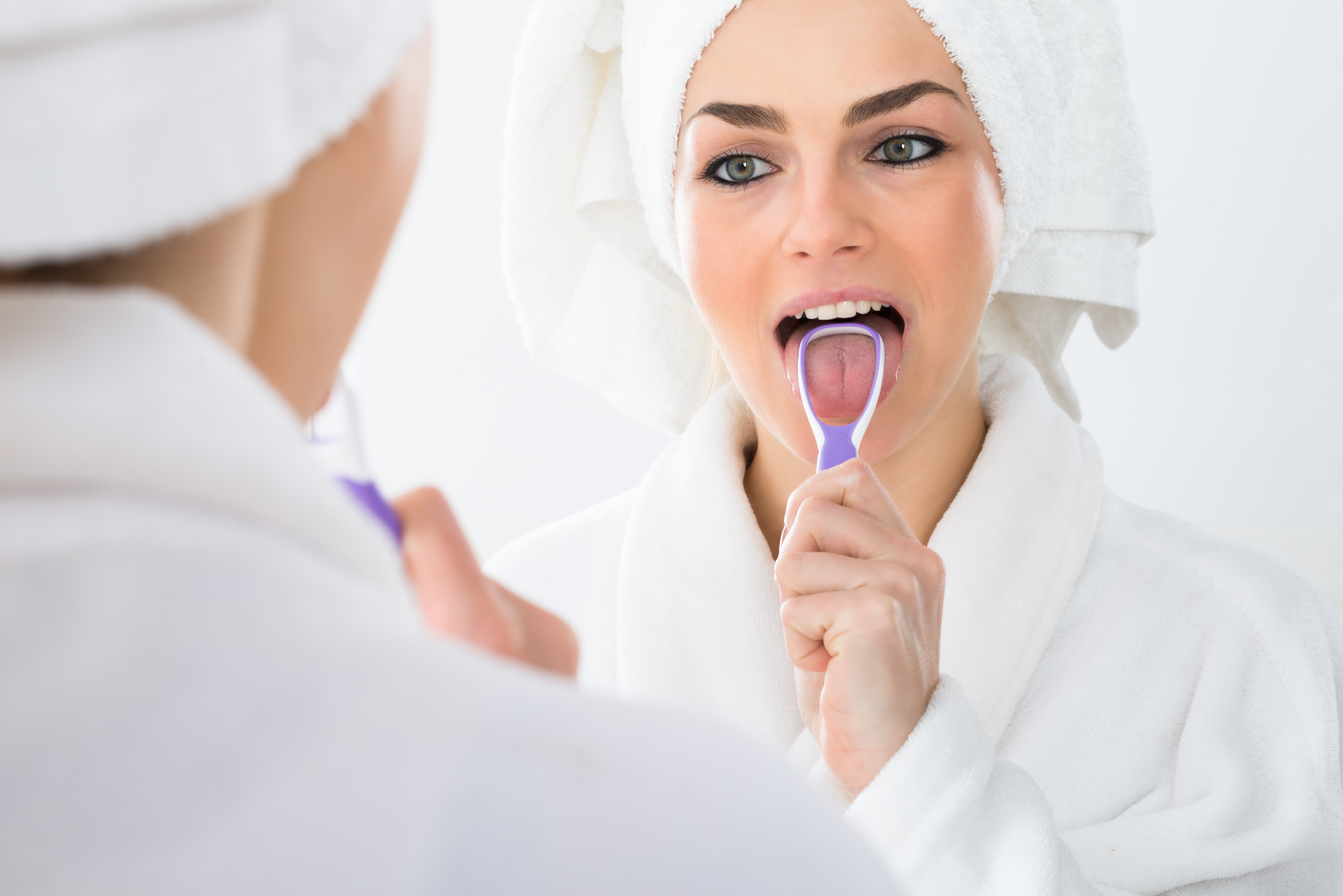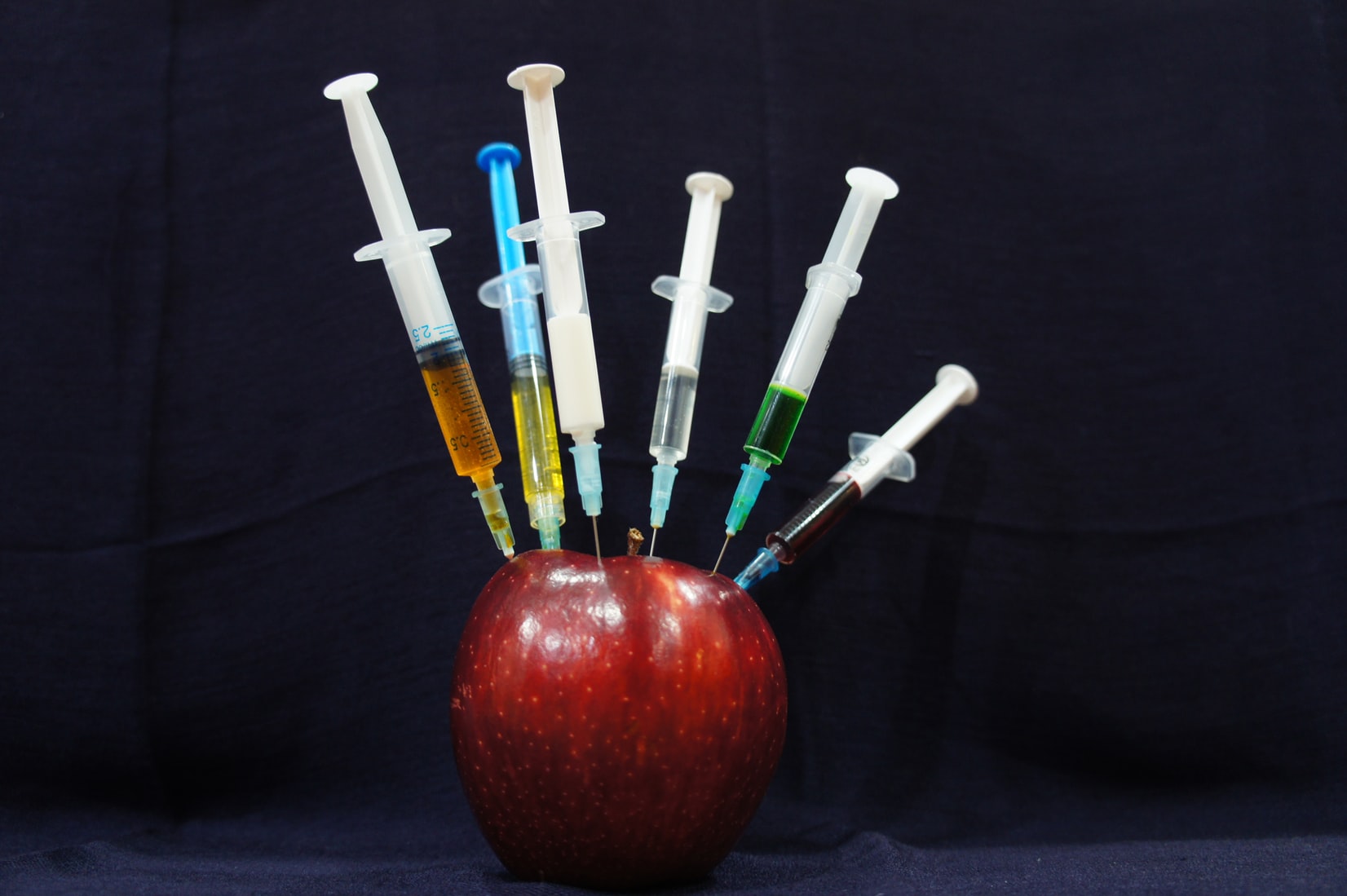Do you have white spots on your teeth? Are your teeth quite sensitive? Do your teeth have cracks, chips, or indentations? If yes, then you may be experiencing enamel erosion.
Tooth enamel is the hardest substance in the human body. It is the clear coating that protects your teeth. However, being the strongest substance in the body does not mean it should be neglected. Enamel can erode. Without the protection of enamel, you not only risk developing decay, but also abscesses, tooth pain, and even tooth loss.
What Causes Tooth Enamel Erosion?
There are several factors that cause tooth enamel to erode, some of which are the result of everyday actions. Sugars and acids can wear down enamel. If you regularly drink soft drinks or sugary fruit drinks, you may be damaging your teeth. To protect your teeth, limit your consumption of such drinks. Alcohol can also erode enamel, as well as a diet that is high in sugary or starchy foods. The bacteria in the mouth can transforms starches and sugars in foods such as bread into damaging acid.
Other factors include acid reflux, recurrent vomiting, gastrointestinal problems, genetically inherited conditions, grinding your teeth, even brushing too hard or not flossing properly. All of these impact the health of your enamel, and, ultimately, your teeth. Once the enamel is worn or chipped away, it cannot be replaced.
Keep the sweets from becoming everyday treats, replace white breads with whole grains, and try eating more cheese and yogurt to bolster the calcium in your saliva to keep the acids in check.
How Can Enamel Erosion Be Prevented?
In addition to exercising moderation with soft drinks, alcohol, sugars and starches, and, of course, taking extra care with regard to medical conditions and your tooth care regimen, there are a few extra things you can do to protect your smile. Saliva can neutralize harmful acids in your mouth. By drinking water and chewing sugar-free gum, you can boost saliva production.
Keep the sweets from becoming everyday treats and replace white breads with whole grains. Add more cheese and yogurt to your diet. Not only are both foods high in calcium, but they also help neutralize harmful acids in your mouth.
Tooth enamel is essential for maintaining a healthy smile. Be mindful of what you eat and drink. Enamel erosion may also be the consequence of other complications such as excessive teeth grinding or acid reflux. Regular visits to Sweet Spot Dental allow our Cambridge dentist to provide a full examination. If we detect that your enamel is eroding, we will discuss potential causes and solutions.
To schedule your next visit to Sweet Spot Dental, please contact our Cambridge dentist today.
Sweet Spot Dental
Phone: (617) 945-1974
Url: https://sweetspotdental.com/
cash, credit card
763 Massachusetts Ave., Suite 1
Cambridge, MA 02139





















